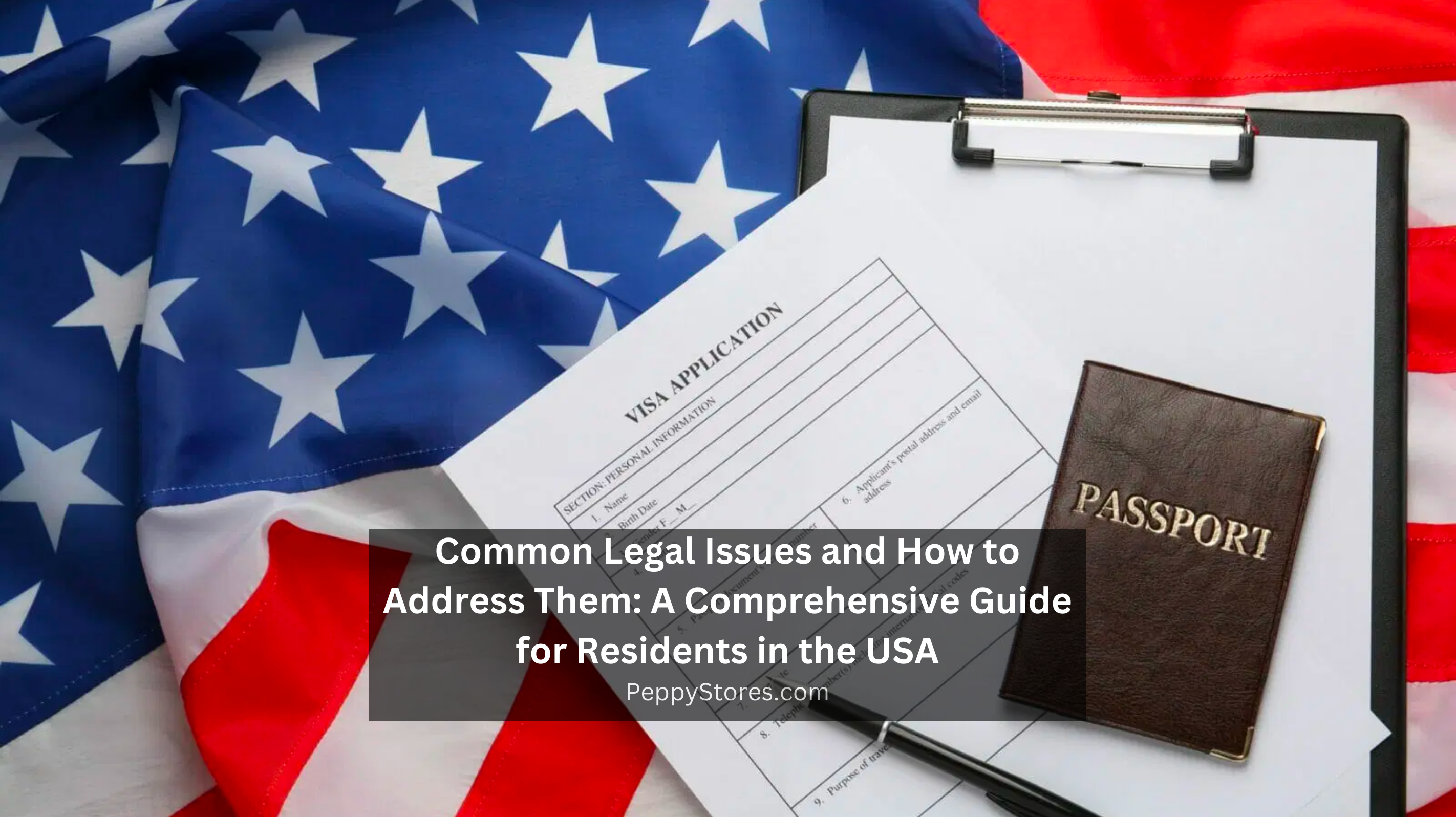Starting and running a small business in the United States is a rewarding endeavor, but it comes with its fair share of challenges and risks. To protect your investment and ensure the long-term success of your business, having the right insurance coverage is essential. In this comprehensive guide, we’ll explore the business insurance essentials for small businesses in the USA, providing valuable insights and practical tips to help you navigate the complex landscape of commercial insurance.
Understanding the Importance of Business Insurance:
Business insurance is a critical component of risk management for small businesses. It provides financial protection against a range of unforeseen events that could disrupt operations, damage property, or lead to legal liabilities. Here are some key reasons why business insurance is essential:
Financial Protection: Insurance helps mitigate financial losses resulting from property damage, lawsuits, or other covered events. It acts as a financial safety net, allowing businesses to recover and continue operations after a setback.
Legal Requirements: Depending on the nature of your business and its location, certain types of insurance may be legally required. For example, workers’ compensation insurance is mandatory in most states to cover employee injuries on the job.
Client and Partner Requirements: Clients and business partners may require proof of insurance before entering into contracts or agreements. Having the right insurance in place can enhance your credibility and facilitate business relationships.
Risk Mitigation: Small businesses face various risks, including property damage, theft, liability claims, and more. Insurance helps businesses manage and mitigate these risks, providing a layer of protection against unexpected events.
Essential Types of Business Insurance for Small Businesses:
General Liability Insurance:
Coverage: Protection against third-party claims for bodily injury, property damage, and advertising injury.
Importance: General liability insurance is fundamental, providing coverage for common risks in day-to-day business operations.
Property Insurance:
Coverage: Protection for physical assets, including buildings, equipment, inventory, and other business property.
Importance: Property insurance safeguards your business assets against events like fire, vandalism, or natural disasters.
Business Interruption Insurance:
Coverage: Compensation for lost income and operating expenses during a period of business interruption due to a covered event.
Importance: Helps businesses recover financially after a covered event forces a temporary closure or disruption.
Commercial Auto Insurance:
Coverage: Protection for vehicles used for business purposes, including liability, collision, and comprehensive coverage.
Importance: Necessary for businesses that own or use vehicles for work-related activities, ensuring coverage for accidents and damages.
Workers’ Compensation Insurance:
Coverage: Medical expenses and wage replacement for employees injured on the job.
Importance: Mandatory in most states, workers’ compensation provides financial support and protection for both employers and employees in case of work-related injuries.
Professional Liability Insurance (Errors and Omissions Insurance):
Coverage: Protection against claims of negligence, errors, or omissions in professional services.
Importance: Essential for service-based businesses, consultants, and professionals, protecting against claims that may arise from mistakes or oversights in service delivery.
Cyber Liability Insurance:
Coverage: Protection against cyber threats, data breaches, and the resulting financial losses.
Importance: In an increasingly digital landscape, businesses need coverage for potential cyber risks that could compromise sensitive information.
Product Liability Insurance:
Coverage: Protection against claims related to product defects or damages caused by products sold or manufactured by the business.
Importance: Crucial for businesses involved in manufacturing, distributing, or selling products to mitigate liability risks.
Commercial Umbrella Insurance:
Coverage: Additional liability coverage that extends beyond the limits of other liability policies.
Importance: Acts as a supplemental layer of protection, especially for businesses facing higher liability risks.
Key Person Insurance:
Coverage: Protects the business against financial loss resulting from the death or disability of a key employee.
Importance: Critical for businesses heavily reliant on key individuals whose absence could impact the company’s operations and revenue.
Tips for Small Businesses When Choosing and Managing Insurance:
Assess Your Risks:
Conduct a thorough risk assessment to identify potential threats and vulnerabilities to your business. This will help you tailor your insurance coverage to specific risks.
Work with an Experienced Agent:
Engage with an insurance agent or broker with experience in commercial insurance for small businesses. A knowledgeable professional can guide you through the process and help you find the right coverage.
Review and Update Policies Annually:
Regularly review your insurance policies, especially when there are changes in your business operations, assets, or risks. Update your coverage to ensure it remains aligned with your evolving needs.
Understand Policy Terms and Exclusions:
Read and understand the terms, conditions, and exclusions of your insurance policies. If there’s anything unclear, seek clarification from your insurance provider.
Bundle Policies for Cost Savings:
Many insurers offer discounts for bundling multiple policies. Consider consolidating your business insurance needs with one provider to potentially reduce premiums.
Implement Risk Management Practices:
Proactively implement risk management practices to reduce the likelihood of accidents, injuries, or property damage. This can positively impact your insurance premiums.
Educate Employees:
Ensure that your employees understand safety protocols and procedures to minimize workplace accidents. A safer work environment can contribute to lower insurance costs.
Explore Industry-Specific Coverages:
Depending on your industry, there may be specific insurance coverages tailored to your needs. Explore industry-specific policies to ensure comprehensive protection.
Consider Deductibles Carefully:
Evaluate deductible options for each policy carefully. Choosing a higher deductible may lower premiums, but it’s essential to balance potential savings with the ability to cover out-of-pocket costs.
Stay Informed about Regulatory Changes:
Keep abreast of regulatory changes that may impact insurance requirements for your business. Compliance with legal mandates is crucial for avoiding penalties and ensuring adequate coverage.
Common Myths about Small Business Insurance:
Myth: Small Businesses Don’t Need Insurance.
Fact: All businesses, regardless of size, face risks that insurance can help mitigate. Small businesses, in particular, may be more vulnerable to financial losses resulting from unexpected events.
Myth: General Liability Insurance Covers All Liability Risks.
Fact: While general liability insurance provides broad coverage, it may not cover certain professional liabilities or industry-specific risks. Businesses may need additional liability policies based on their operations.
Myth: Homeowners Insurance Covers Home-Based Business Liabilities.
Fact: Homeowners insurance typically excludes coverage for business-related liabilities. A separate business insurance policy is necessary to cover risks associated with home-based businesses.
Myth: Only Large Businesses Need Cyber Liability Insurance.
Fact: Small businesses are increasingly targeted by cyber threats. Cyber liability insurance is essential for protecting sensitive data and mitigating financial losses resulting from cyberattacks.
Myth: Workers’ Compensation Insurance is Optional.
Fact: In most states, workers’ compensation insurance is mandatory for businesses with employees. Failing to carry this coverage can lead to legal penalties and financial liabilities.
Conclusion: Safeguarding Your Business for Long-Term Success
Investing in the right business insurance is not just a protective measure; it’s a strategic decision that contributes to the long-term success and resilience of your small business. By understanding the specific risks your business faces, customizing coverage to your needs, and staying proactive in risk management, you can navigate the dynamic landscape of entrepreneurship with confidence. Whether you’re just starting your business or looking to enhance your existing coverage, prioritize the essentials outlined in this guide to build a robust insurance portfolio that safeguards your business against the unexpected. In the complex world of business, insurance isn’t just a safety net; it’s a proactive step toward ensuring your business thrives and prospers for years to come.




